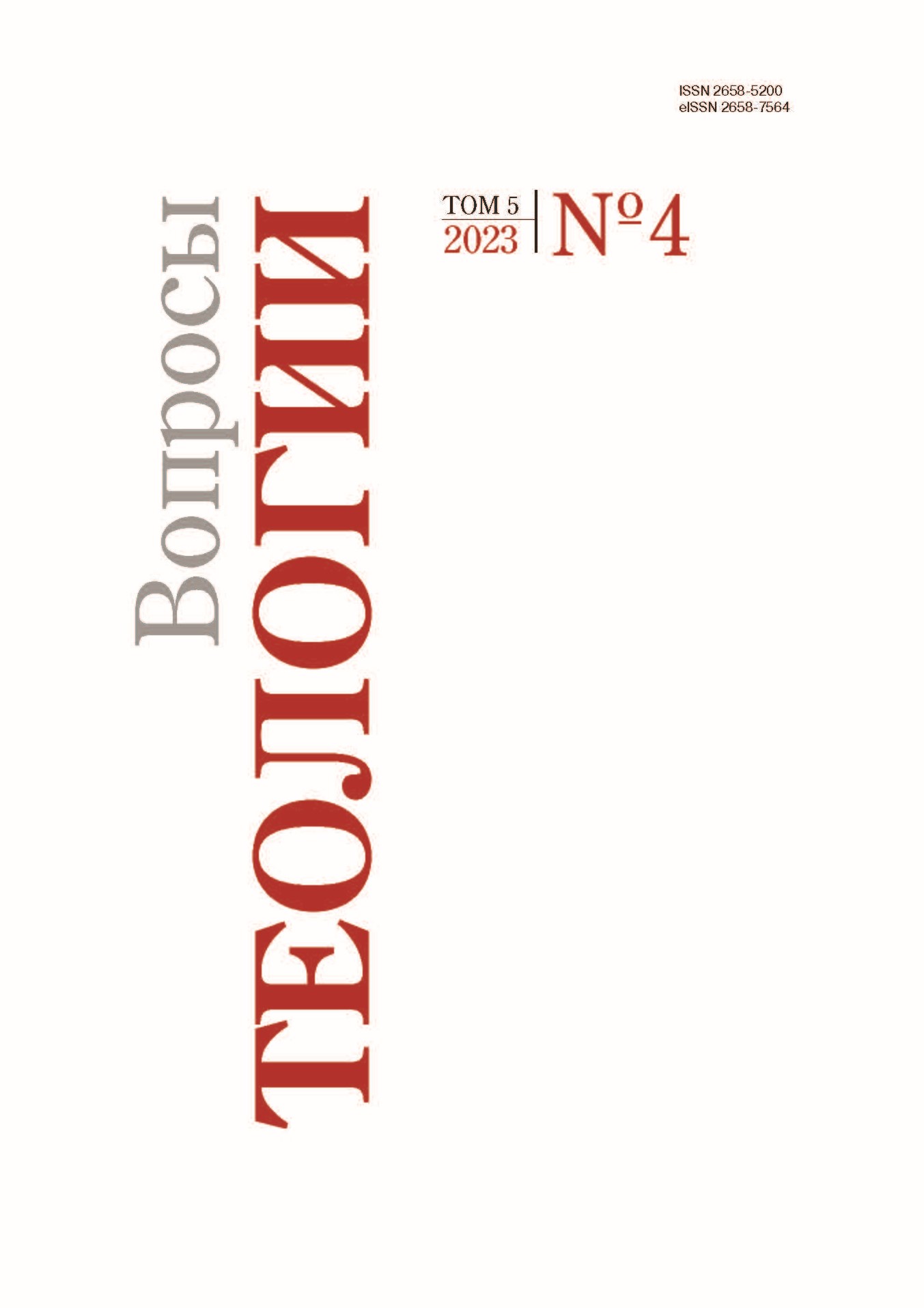The personal spiritual path of A. S. Pushkin in the light of the concept of the Catholicity of the Russian world
DOI:
https://doi.org/10.21638/spbu28.2023.402Abstract
The article examines the personal spiritual path of A. S. Pushkin from immature youthful fascination by liberal views to a more balanced and moderately conservative sound worldview. The author traces indirect influence of the ideology of catholicity in general, and in particular of the ideas of catholicity of the Russian world, upon the dynamics of the poet’s views. The ideology of the catholicity of the Russian world is based on the Gospel ideals of serving others in the image of Christ and in the Christian notion of catholicity, where each member of the assembly is in the service of everyone else in its circle. Those who occupy leading places in this catholic being carry out a greater service, according to the word of Christ: “He who is greatest among you shall be your servant” (Mt 23:11). Being happily gifted with a visionary mind, A. S. Pushkin caught the main malignant phenomenon of the modern “higher” society, which broke the internal connection with the people and towered over them. The spiritual development of Pushkin was influenced by a number of people from different classes of Russian society, who subtly and gradually helped the poet to change the vector of his thinking. The Russian language also played a significant role in the development of Pushkin, bearing in itself the spirit of catholicity, the spirit of ministry. The idea of sacrificial service permeates the entire work of A. S. Pushkin, being imprinted in various images and characters.
Keywords:
A. S. Pushkin, Orthodoxy, catholicity of the Russian world, serving, the Russian language
Downloads
References
References
Downloads
Published
Issue
Section
License
Articles of "Issues of Theology" are open access distributed under the terms of the License Agreement with Saint Petersburg State University, which permits to the authors unrestricted distribution and self-archiving free of charge.




